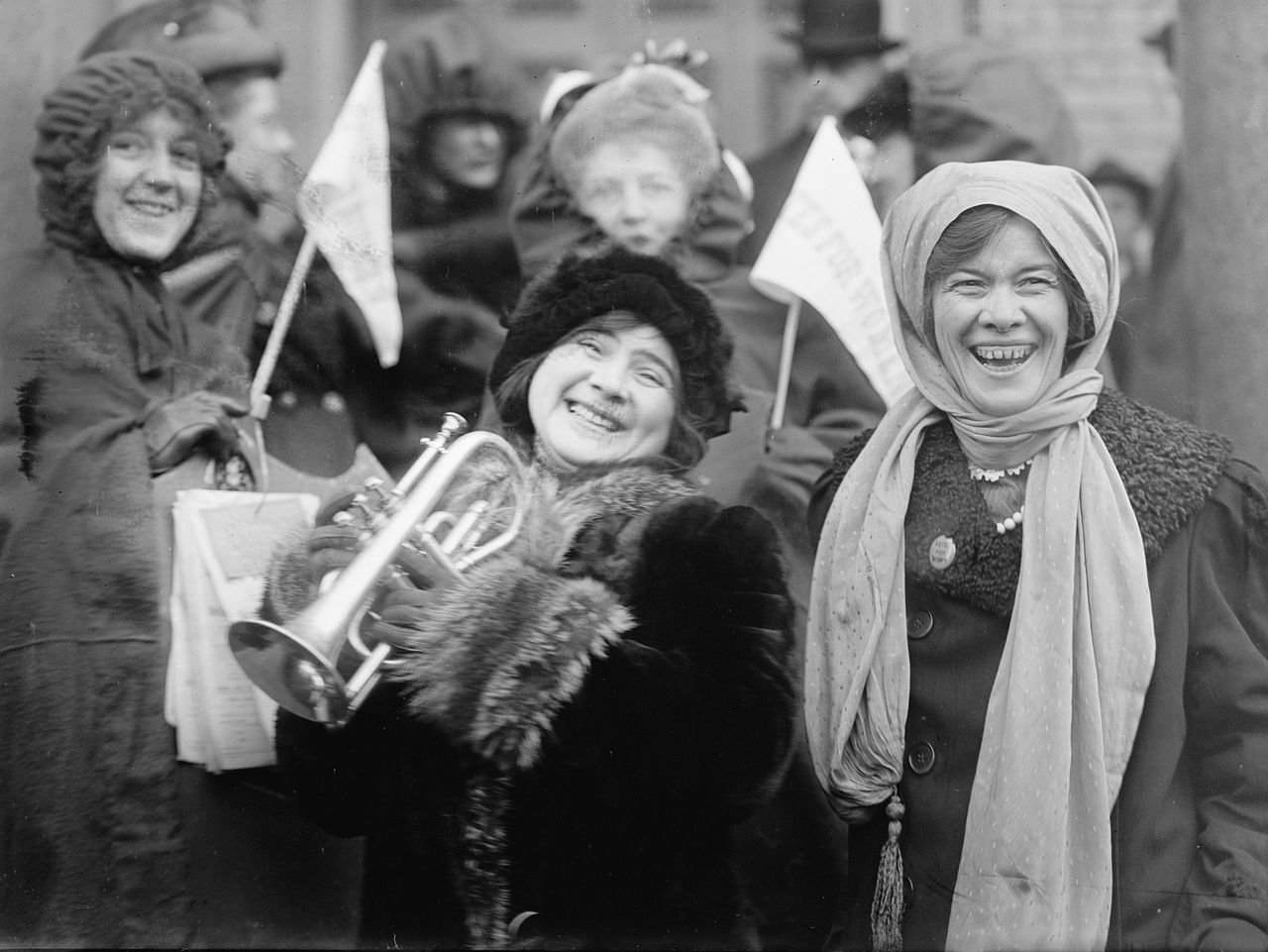| 1. Everyone Must Follow the Law | 3. Government Must Obey the Law |
| 2. Leaders Must Obey the Law | 4. No One Is Above the Law |

For More Info Click here
Home » Human Rights
In the United States, human rights comprise a series of rights which are legally protected by the Constitution of the United States (particularly the Bill of Rights), state constitutions, treaty and customary international law, legislation enacted by Congress and state legislatures, and state referendums and citizen’s initiatives. The Federal Government has, through a ratified constitution, guaranteed unalienable rights to its citizens and (to some degree) non-citizens. These rights have evolved over time through constitutional amendments, legislation, and judicial precedent. Along with the rights themselves, the portion of the population granted these rights has expanded over time. Within the United States, federal courts have jurisdiction over international human rights laws.
The United States is ranked highly on human rights by various organizations. For example, the Freedom in the World index lists the United States in the highest category for human freedom in civil and political rights, with 83 out of 100 points as of 2021; the Press Freedom Index, published by Reporters Without Borders, puts the U.S. in the highest category of countries with a “satisfactory situation,” the Democracy Index, published by the Economist Intelligence Unit, classifies the United States as a “flawed democracy”. Despite its high rankings, human rights issues still arise.






Click here to access valuable information and resources.
Together, we can create a brighter future for all. Volunteer today and be part of the movement to save the USA.
© 2024 Save The USA